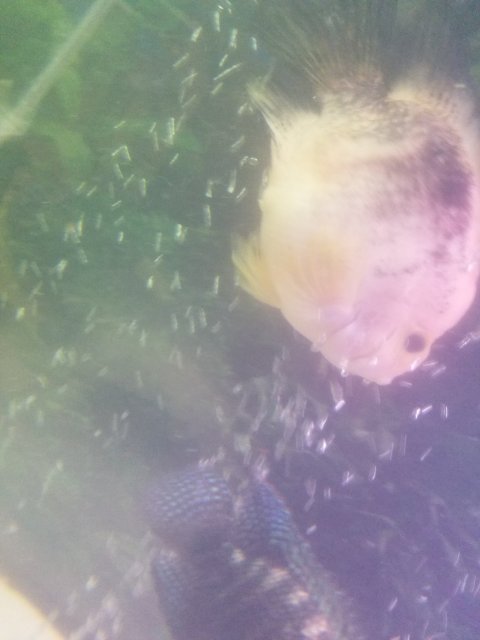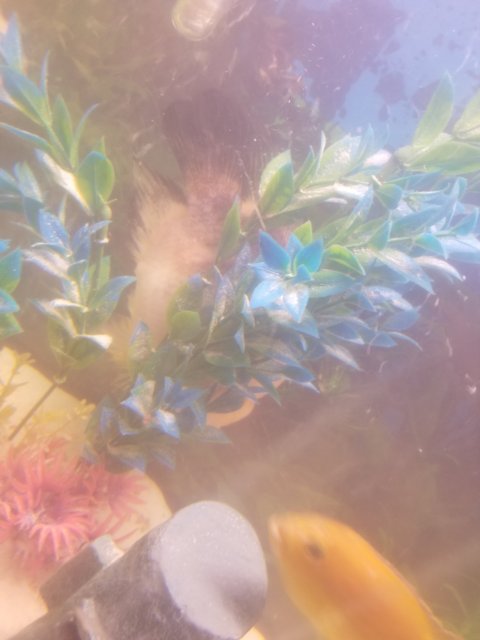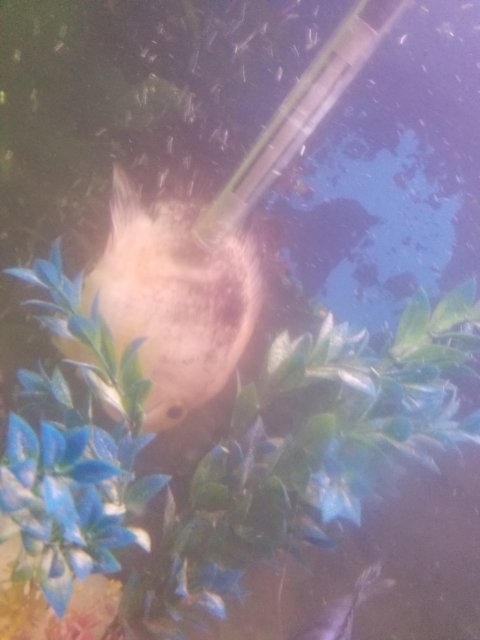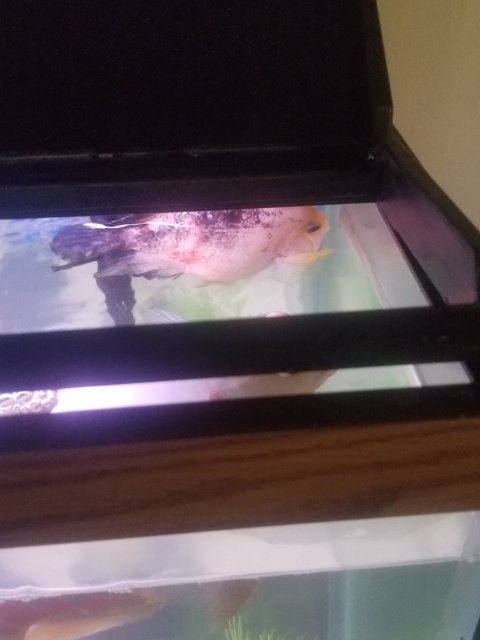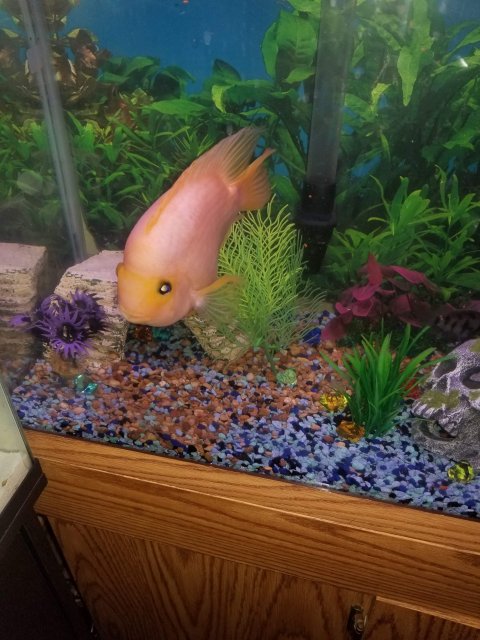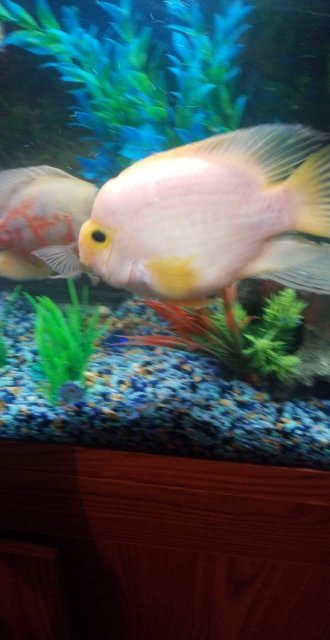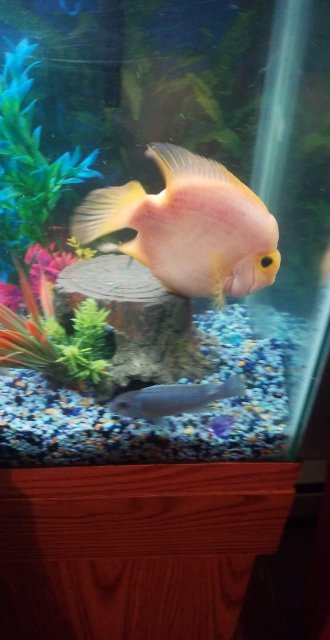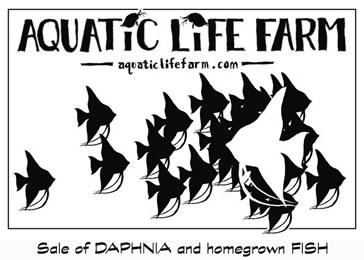Wooh, where to start?
First off, I think you can save the parrot cichlid, but I'm going to come back to that. I personally don't like to euthanize anything, and in this case, I think it can be saved.
But, first off, I'm trying to guess on the size of the tank based on what I can see in the pics. It doesn't look much bigger front to back than your parrot cichlid is -- and I'm going to guess its about 45-65 gallons. In that tank, you have:
a huge parrot
a huge oscar
a fair sized dempsey
3 large african cichlids ("saulosi cichlids," they don't look like it to me, but the pictures are blurry)
a convict
at least 3 other fishes.
That's an incredible bioload for that tank, and it looks like you're using hang on the back filters. You're going to have non stop problems with fish disease and what not in this tank. Its way overcrowded -- the large parrot and the oscar, to cohabitate long term, need a 6' tank. Worse, you have some serious compatibility issues that are going to come out, and may be causing some of the problems. The parrot cichlid is a low to moderately aggressive cichlid. The oscar is a fairly mild mannered cichlid as well (don't confuse predation with aggression. Just because he'll eat every fish in the tank that he can doesn't mean he's aggressive), though they can be territorial and typically have an area they want to defend. These two fish have similar behaviours and similar water quality needs -- give them their space, avoid anything they can eat, and they'll be fine. Now here's where the problems come in....
Jacks are a lot more aggressive, and a lot more territorial. Its also a Central American cichlid, and tends to like different water than the Oscar or the Parrot, but they're realistically fairly close. The mbuna come from different water types, and shouldn't be mixed with any of these guys. I'm not sure what species those are -- though I doubt Saulosi cichlids -- but, most of the mbuna like that are just plain nasty. They may not be directly hurting your oscar or parrot, but I bet they're stressing them out, a lot.
Your water test surprises me, and I'm suspicious of its accuracy. I run reef tanks with almost no fish load, incredible filtration, and I have more than 5 ppm nitrate. I don't think anyone in the club has nitrate that low, and with your fish load, its impossible. Without knowing where you are, I can hazard a guess that your tap has more nitrate in it than that. I would get your water tested at an independent fish store -- not a Pet-Box with a dip stick they maybe stick in the sample before saying, "Oh, its fine, buy some fish."
Now, as to what I would do, stop with the salt.
Salt does nothing. Absolutely nothing beneficial. The only thing it does is make you feel better, and stresses the fish.
Similarly, there's a lot of actual clinical studies out there on the effects of melafix (or tea tree oil) that show that it does... absolutely nothing. Its a prophylactic, or a placebo, intended to give you something to do while the fish recover on their own (meanwhile encouraging you to do water changes).
So, first things first, you need to get the parrot out of there if its going to have any hope of recovery, and into a clean tank. Make sure that you're doing good sized, regular water changes on your hospital tank, and make sure that you're filtering and aerating it. Get that fish on a dose of nitrofurazone. It is the only medication that will have any effect on sept. this far gone. The clean water is going to be a huge, huge help, too.
I would also start doing 25-50% water changes on the main tank daily, with a heavy gravel vac. I guarantee the water quality is not what you think it is, and you've gotta get it improved. Keep this up for about a week, then start doing a 50% water change weekly.
You need to decide how many fish to keep. You've got way, way, way, way, way, way too much fish in that tank. Unless I'm mistaken on the size of that tank, you cannot keep both the parrot and the oscar, and unless that tank is at least 1.5x as wide as they are long, and ideally twice, its cruelly small to keep them in it. You need a new tank for these fish. You might be able to keep one of the two of them, but that's going to be troublesome.
Next, you've gotta get rid of the mbuna, and the dempsey, and the convict. I don't know what the other fish are to tell if they're okay, but they may be okay in a larger tank long term.
